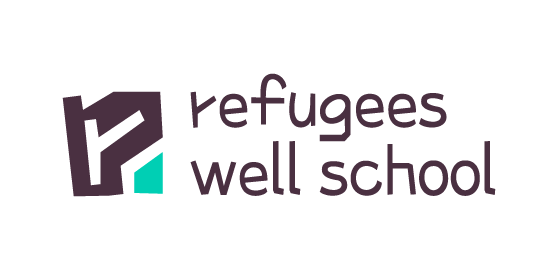We are very glad to share with you the RefugeesWellSchool report: Findings on how school-based interventions promote migrant and refugee adolescents’ well-being. The report shows the main findings of the RWS cross-national study that implemented five school-based preventive interventions – Welcome to School (WTS), Classroom Drama Workshops (CDW), Peer Integration and Enhancement Resource (PIER), In-Service Teacher Training (INSETT), and In-Service Teacher Training with Teaching Recovery Techniques (INSETT + TRT) – in six European countries: Belgium, Denmark, Finland, Norway, Sweden, and the United Kingdom. Each intervention was implemented at least in two countries. Overall, these interventions set out to increase mental well-being for migrant and refugee adolescent. They approached mental well-being holistically and aimed at less mental health problems and increased overall well-being, enhanced resilience, executive functioning, social support and positive peer relationships, along with reducing discrimination in school. This report evaluates the impact of the interventions, asking what worked, how, for whom and in which context. The report first presents the interventions and the methodology, the challenges the project faced due to COVID-19, then moves on to describing the findings on intervention outcomes, mechanisms and contexts for adolescents and teachers. In these sections, the report focuses on what impact the interventions had on adolescents and teachers, and what intervention mechanisms and context features may have shaped implementation and impact, including adolescents’ and teachers’ perceptions on the acceptability of the school- based interventions. The findings of this study add new knowledge to what we know about migrant and refugee adolescents’ mental health in schools, the effectiveness of psychosocial interventions, the ways of implementation, and the role of different contexts in several European countries. These findings can then inform school practitioners and policy makers in search for adequate models for interventions they can effectively implement in their own contexts.

